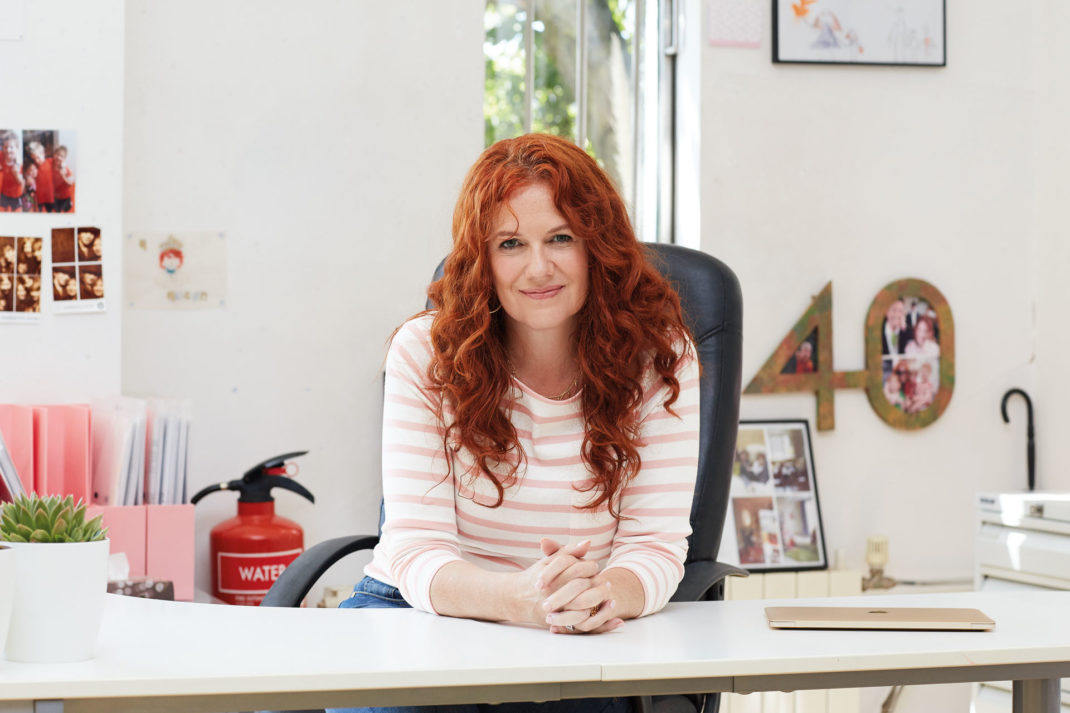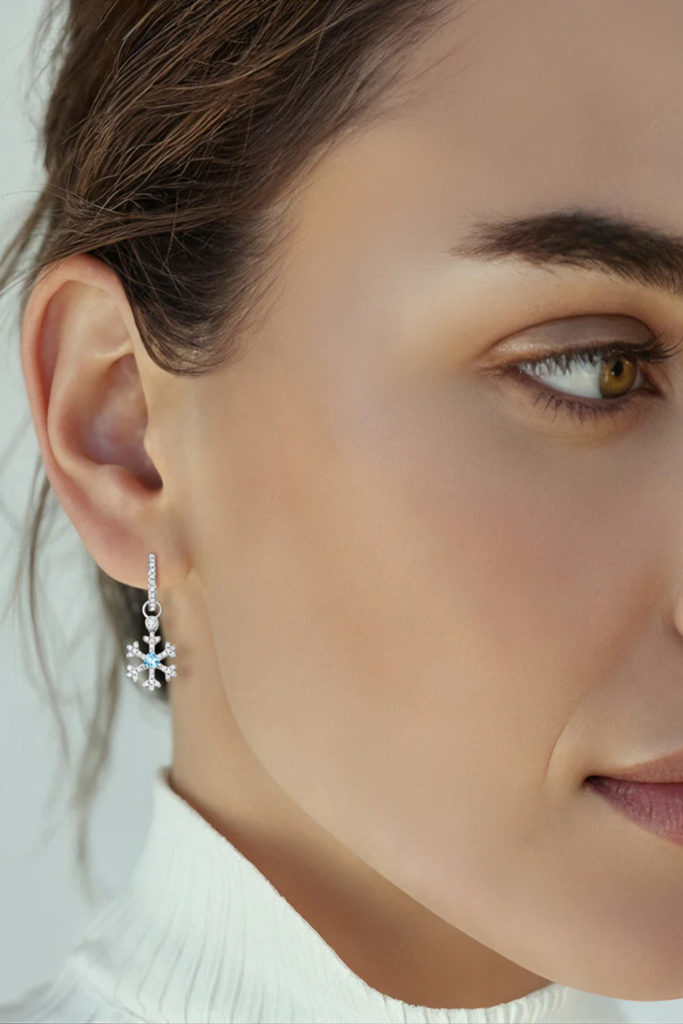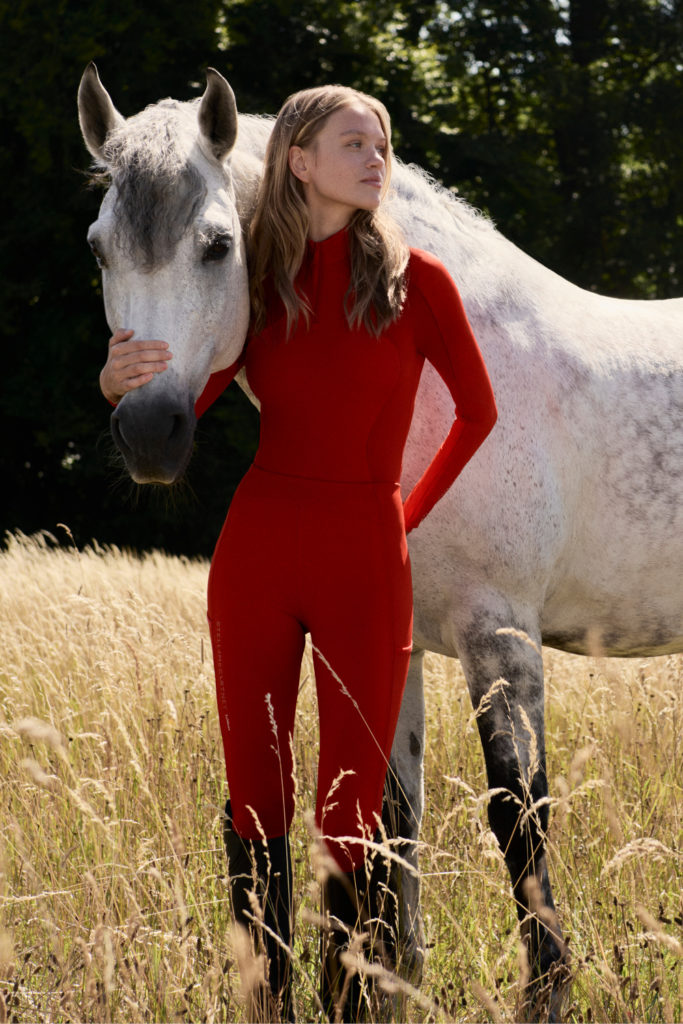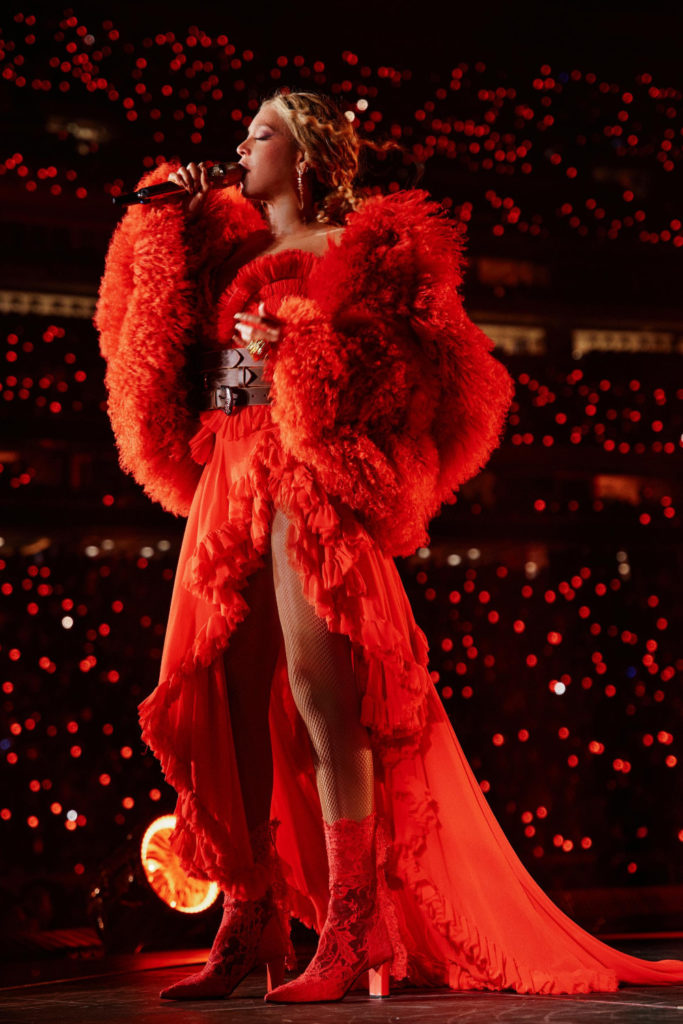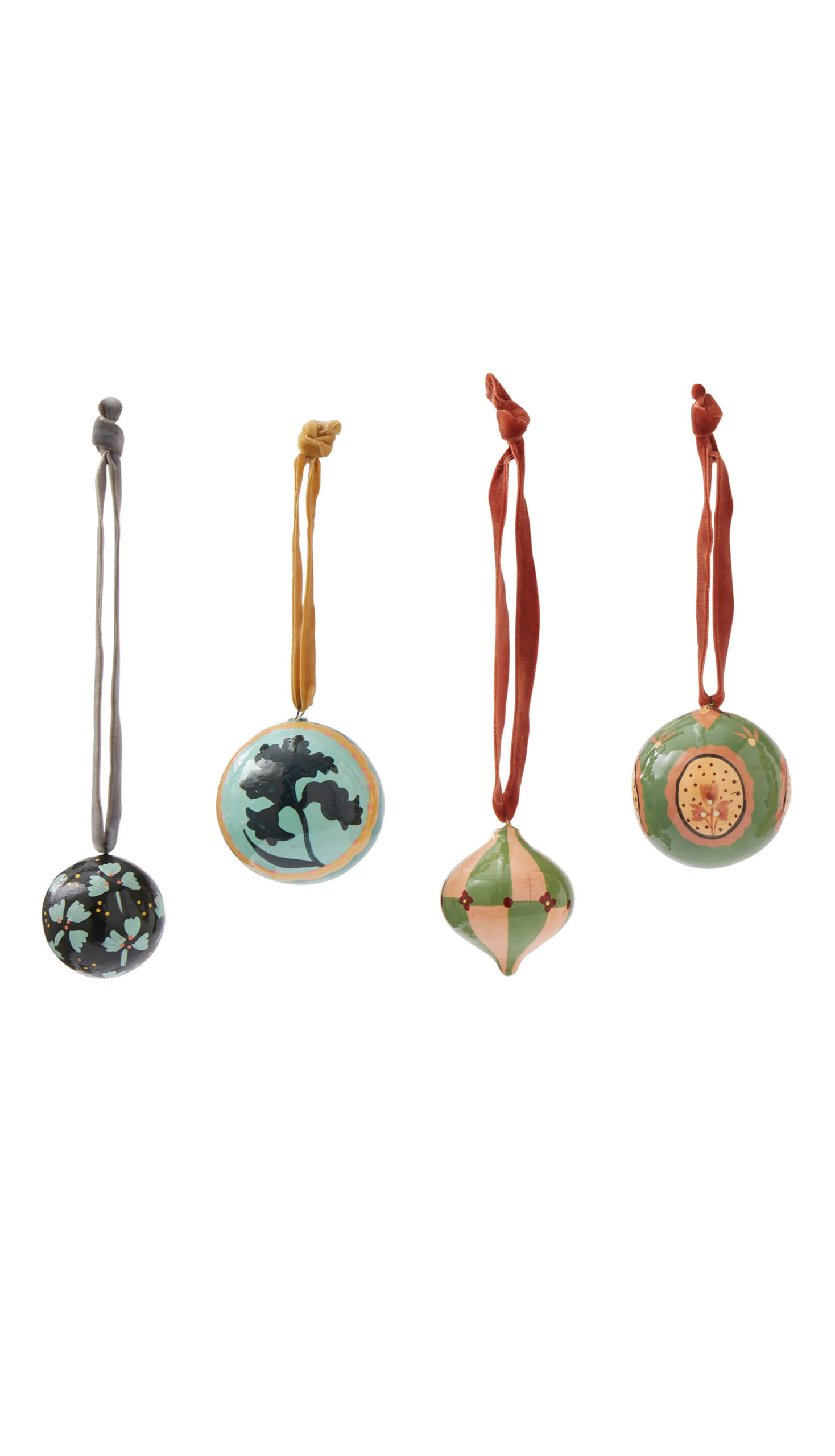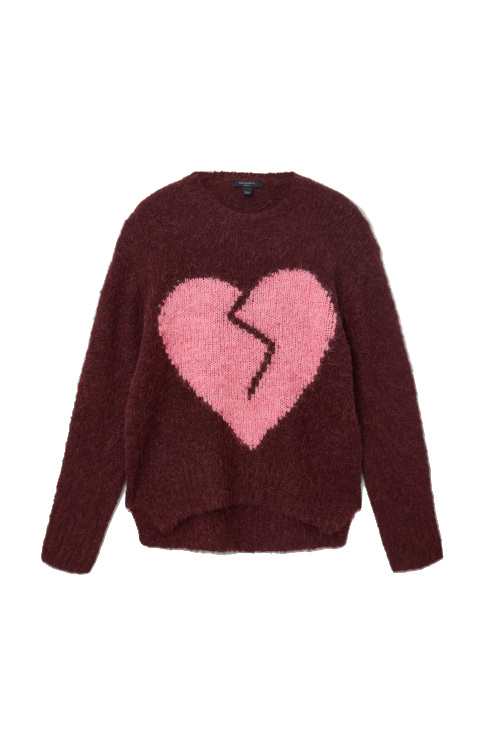B Corp Series: Baukjen De Swaan Arons, co-founder of House of Baukjen
By
4 years ago
'Instead of 'what is most commercial', it became 'what is the right thing to do''
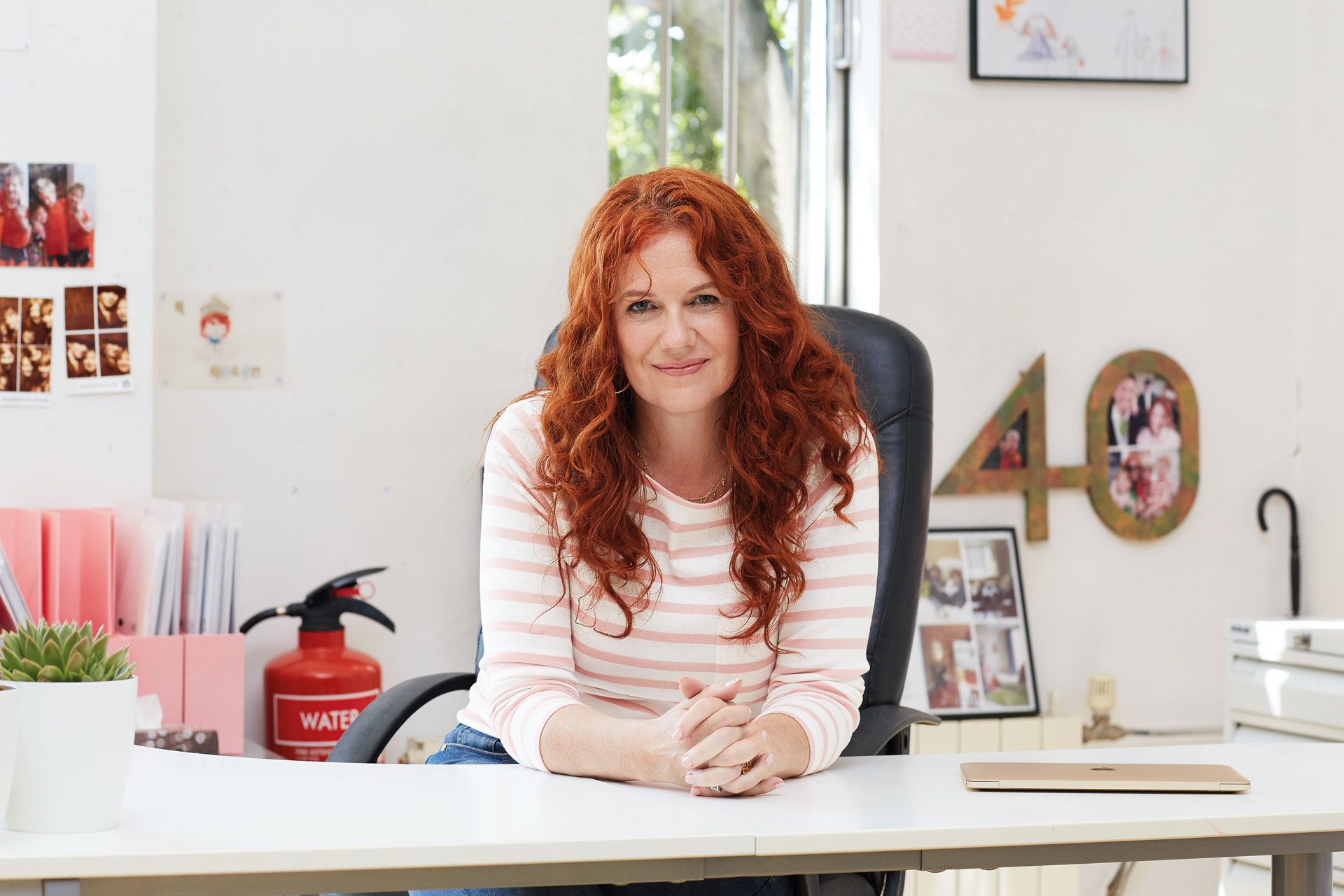
The conversation around sustainability is getting confusing as of late. From vague buzzwords, flimsy pledges to rampant greenwashing, it’s difficult not to feel sceptical. Cutting through the fluff is the B Corp Certification. It’s the most rigorous certification to prove a brand’s sustainable status. After answering 300 questions about their social and ethical practices, only 3,500 brands have made the cut out of 100,000 brands applying for the coveted stamp of approval. This week, C&TH speaks to Baukjen De Swaan Arons, co-founder of House of Baukjen.
The Best Sustainable Fashion Brands
B Corp Series: Baukjen De Swaan Arons, co-founder of House of Baukjen
Image courtesy of House of Baukjen
What was your initial score and what is your accreditation score? How long did it take to achieve it?
We started the B Corp journey in 2019 but when the pandemic hit, this became delayed. Early 2021 we became a B Corp scoring 108 points. With that, we became the highest scoring fashion B Corp in the UK. Then later this year, we were awarded a Best For The World BCorp in the category of Governance which means that we scored in the top 5% of all B Corps in the world for governance – that was a nice surprise. For us, being a B Corp is not about the finish line, instead, we see it as a journey where you become better and better for the people and planet.
What made you want your business to become a B Corp?
A few years ago, my husband and I were out walking and we were talking about the climate and how we started our business with good intentions but we’d somehow ended up being part of one of the world’s most polluting industries. We decided right there and then to use our energy to turn things around. We’re not a giant global retail player but there are advantages to being smaller. So we focussed on the advantages we had such as being able to change quicker, taking our customers along the journey with us by giving insights into the fabrics and ethics and overall raising awareness that slow and circular fashion is the future. We strongly believe that our purpose was more than just profit, we had always taken the people and planet equally serious, so when we learned about the concept of B Corp it made immediate sense.
One of the first steps we undertook was to embed the broader responsibility in the articles of the business, the ‘constitution’ by which we are guided. This made it clear to all stakeholders that our responsibilities were more balanced, not just profit but also people and the planet. B Corp calls that the ‘mission lock’ – as directors we are now bound by our fiduciary duties to take our multiple stakeholders into account. It was so simple, and such an obvious thing to do while at the same time it was quite liberating as it made decisions easier. Instead of ‘what is most commercial’, it became ‘what is the right thing to do’.
What were the main obstacles to overcome on your journey?
It’s time-intensive! And very thorough. I don’t think any stone was left unturned by the B Corp organisation. We wanted to take our customers along with us on our journey, to explain what matters and why.
You don’t become a B Corp by yourself. You need the support of your team and suppliers. The team were all immediately onboard and gave it their all. The supply chains in the fashion industry were historically kept under a veil, like a secret. We set about trying to lift that and make the supply chain work together to become better. It wasn’t always easy but luckily we have suppliers that were as keen as us to move forwards.
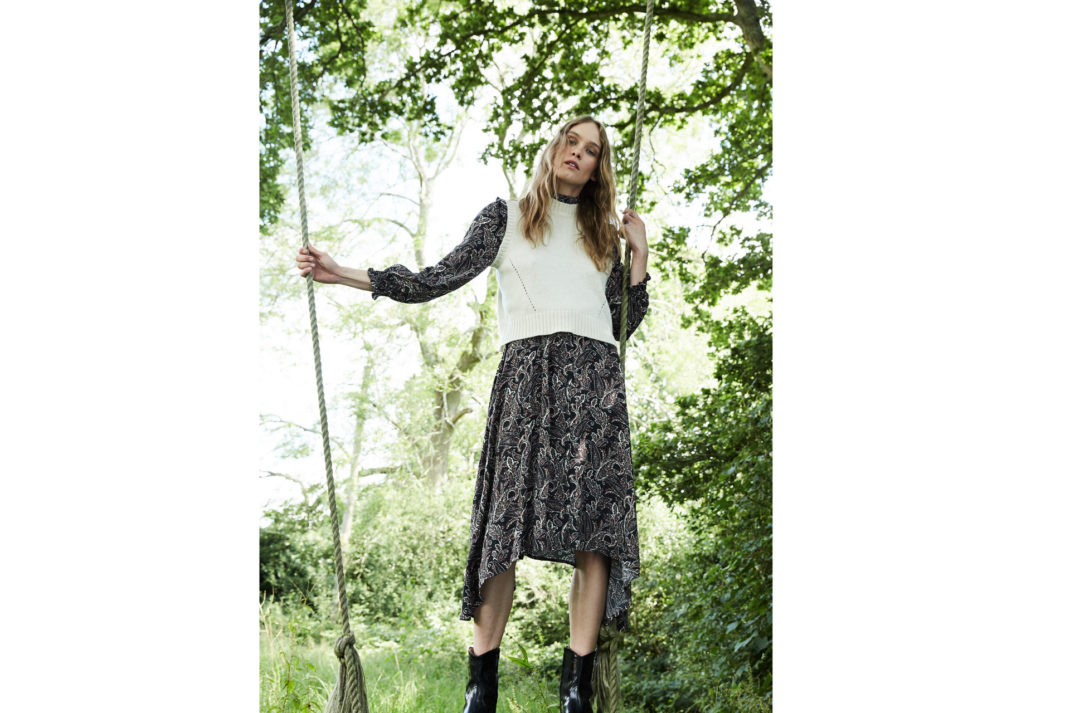
Image courtesy of House of Baukjen
How has it impacted your business financially?
The costs rise before you have the benefits, so it was expensive, not just financially but also in terms of time spent by our team. Our investments into more responsible fibres and processes cost us about 6% of our sales, that’s a lot. Bill Gates refers to this as the Green Premium. We chose not to pass these costs on to our customers as we did not want the responsible solution to be more expensive. On the other hand, our quest to become a better business also meant that we challenged every process and were actively seeking out wasteful processes with unnecessary emission footprints. This process also rendered material savings that not only helped us avoid and reduce our carbon footprint, but it also saved us costs too. Now, we are seeing a continued reduction in our carbon footprint. Today it’s more than 50% lower than two and a half years ago. Despite the 6% green premium, we are generating more profit, in fact five times compared to when we started the B Corp journey. This demonstrates that being a responsible business is good business.
How would you persuade other companies to think about starting their own journey?
For me, it’s a no brainer. Businesses must adapt and change for the sake of the planet and its people. Starting the B Corp journey is a huge step in the right direction. B Corps are the highest standard for being a good company and you cannot cheat or greenwash it, you earn it. If a company wants to become a B Corp, start by doing your mission lock and embedding this broader purpose into your articles and through your fiduciary duty. Involve your team, you will probably be pleasantly surprised at how keen they are to work for a company with a responsible purpose. If a company needs any swaying, you may soon be left behind as customers are increasingly keen to support responsible businesses and vote with their wallet. Also, being a good business can make financial sense. People and planet can go hand in hand with profit as we and others have shown. We are happy to support companies that are serious about becoming a B Corp, this extends to our competitors too. We believe in competition – we want to compete on product and service, but we will never compete on people and the planet.
What social impact initiatives have you started?
We’ve been a living wage company for several years. During the pandemic, we acted quickly and manufactured not-for-profit ethical and responsible face masks and donated 100,000 masks to charities, hospices and hospitals. We also immediately showed our support to key workers with 40% off our collection – not a marketing ploy but instead a heartfelt thanks. This summer, we decided to keep supporting key workers but now at 25%. We actively support charities and donate at least 10% of our profits to them, though in 2020 we donated just under 15% as we felt it was a very difficult year for so many. We also work with many factories that are women-led in Portugal.
Is carbon reduction part of your journey? If so, how are you tackling reducing your emissions?
Absolutely, we are now a carbon negative company which is called climate-positive. This is important and every company should become this as soon as possible. By challenging all our processes and working with our supply chains, using Science Based Targets and other known, measurable standards, we have reduced our carbon footprint materially. On top of that, we have adopted a more innovative business model, including the sharing economy, large scale take-back schemes and recycling old garments down into new yarns/fabrics. Our efforts have been to avoid, reduce and innovate out of carbon and this has been very successful. The remaining we have offset using gold standard certified solutions. Today we are carbon negative, this means we are not just carbon neutral but in fact are climate positive.
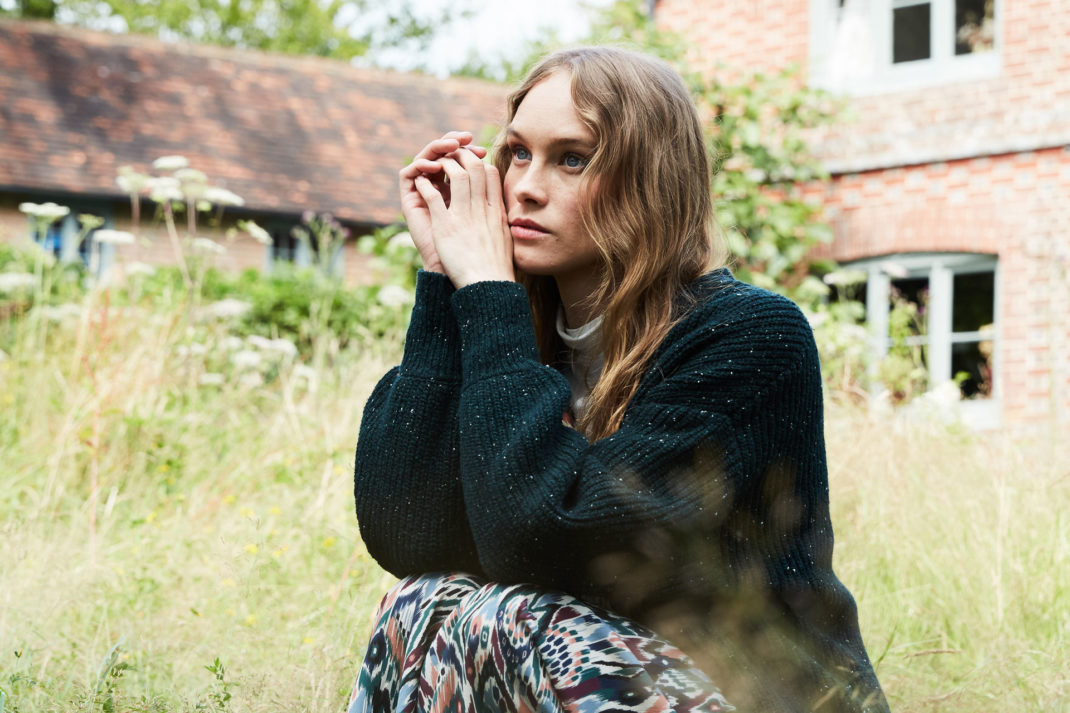
Image courtesy of House of Baukjen
What was the hardest bit of the accreditation process?
The collection of data regarding the carbon footprint, water usage, wages, energy sources of our key suppliers. It wasn’t easy but our suppliers bought into the principle and worked hard to collect all the data for us.
What part of the business are you proudest of?
I’m proud that we have established a different business model, we call it Fashion 2.0, a much more responsible solution for the fashion sector that is scalable and can be adopted and adapted by others too. I’m also very proud of our team without whom none of this would have been possible. Finally, our customers, the amount of positive feedback we’ve received has made it all worthwhile.
How can we better inform the consumer when greenwashing is prolific?
It’s challenging when greenwashing is all around us, so we use science-based standards. We developed the Baukjen Sustainability Index which is a transparent score of each garment that’s calculated on the environmental and social performance of that garment. It is designed to help us make better choices as a company and to help our customers understand the impact of our clothes. The higher the score, the better it is. Being transparent and honest is important to us. We’re not perfect but we do our very best to be responsible to the planet and its people and will continue to learn and improve.
What’s next for you and your brand?
We want to keep reinforcing towards our customers and the market that slow, circular fashion is the way forward. Compromises do not need to be made. I personally love some products such as sequin dresses, though will not have them in our collection as we haven’t yet been able to find a responsible fabric for it. So in those cases, we just don’t design them. In 2022, we will continue our work on our purpose, explore new planet-friendly fabrics and processes, support other businesses in their journey towards becoming a B Corp.
MORE B CORP SERIES
William Pearson & Nick Doman, Founders of Ocean Bottle / Jack Scott & Alex Wright Founders of Dash Water

